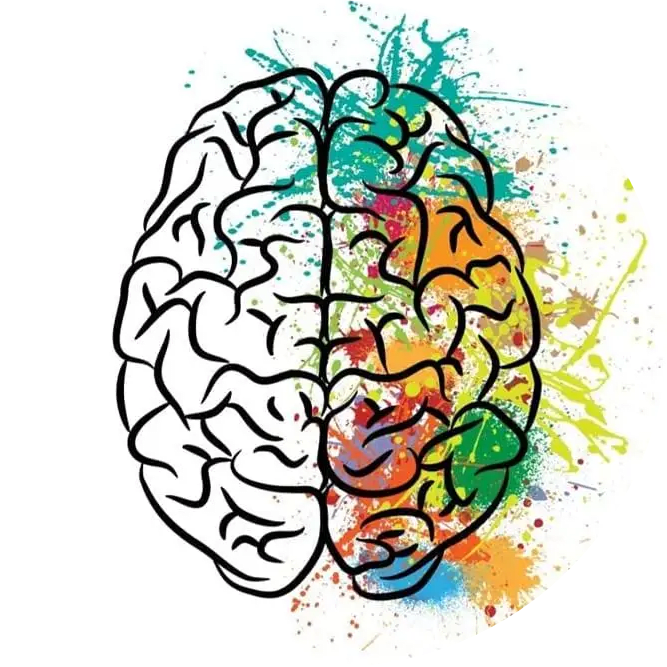Adapting to Forward Thinking, Part Two.

Moving forward is tough when you are merely a passenger to your emotions, your impulses, and your environment. Though there are many positive things to be said about a “go with the flow attitude,” as flexibility is a key skill to develop in all areas of your life, simply being on standby mode robs you of your ability to move through life in a way that is more fulfilling, authentic, and directed. Learning to understand from an “and” perspective, rather than a “but,” perspective is one of the keys to adjusting our minds away from rigid, all or nothing thinking, as well as presents a wider lens from which to see the world in its true form, both beautiful and difficult (to say the least, right?!). Rigid thinking and lack of flexibility not only holds us back from achieving our personal goals, but from our careers, our partners, and from living our authentic life. There are many other cognitive distortions to be aware of, though rigid thinking will certainly keep you from moving forward.
So how do we avoid the pitfalls of all or nothing thinking traps? We need to be aware of them first and foremost. Then, we must learn other ways of thinking about something to practice. Practice is the most important part. We might be applying all or nothing thinking if we are expecting to go from not practicing ever, or perhaps even being completely unfamiliar, to perfectly mastered over night! To get the most out of practicing skills, make sure that you are practicing when you do not actually need to apply the new skill. We must practice when we are calm, or not in a crisis that our thoughts and emotions have led us to. This is so the skills can be readily recalled when you need them the most. Do not expect yourself to be perfect from reviewing one short blog post or even in having one epiphany.
Rigid thinking also can rob you of your ability to live with true authenticity and does so quietly, one self- judgment at a time. When we are routinely judging, or over calculating our actions, we are not able to be emotionally rewarded, and we may even prevent ourselves from acting out of strong convictions for the fear of how it might appear to others, thoughts about what “should” or “shouldn’t” be done that are not grounded in realistic morals and self guiding principles. We may even rob ourselves of spiritual connection and starve ourselves spiritually and emotionally when we do not act on our convictions and our behaviors become out of alignment with our values. This is a detriment to our well-being in too many ways to count, and there are many skills and techniques to overcome this. Learning a few mindfulness skills to reduce self-judgment is one way (particularly observe and describe techniques) and practicing opposite to emotion action (acting the opposite of how we feel when we know it is what needs to be done or the healthiest thing for us if our feelings and lack of motivation is holding us back) is another way.
If any of these apply to you and you are interested in learning more, please reach out to me and I can refer you to some materials that may be useful to you in identifying your values, reducing negative self-judgments that inhibit your ability to live authentically, and to recognize cognitive distortions that are limiting you in your ability to grow and move through life with authenticity and vibrancy. Thank you for being committed to nurturing yourselves in the areas that make up who you are. Your story is so valuable, and the world needs the authentic and perhaps, messy you.
Tracy Wiesneske ©2021 June 4th, 2021.
Get in Touch
Inquiry Form
Please complete the form below to contact me with any questions about my counseling services.
